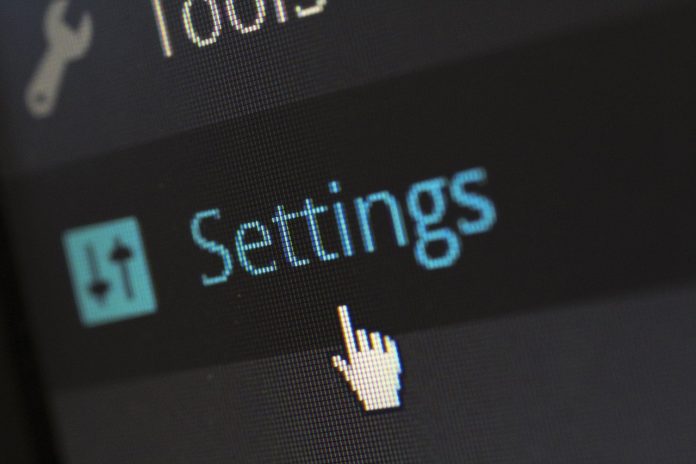Literally, everything can be found on the Internet today. Among the online resources, there are lots of sites and pages created specifically for children. But the nature of the Internet is such that fencing off non-childish content is not so simple. Nevertheless, some ways will help parents protect their child from accidental visits to adult sites or prevent dubious information from being downloaded to a mobile device or computer.
Naturally, parents should understand that none of the existing methods can give a 100% guarantee. Moreover, – ideal protection options do not exist in nature. Therefore, in addition to restricting programs, you must remember that the future of your children is in your hands. There have always been arguments for and against blocking the websites but essentially it is better to restrict access to some websites for the sake of your children.
What age are we talking about?
When it comes to children, we should be specific with age. Generally, we are talking about people ranging from 6 to 15. The development and incorporation of modern technology in our lives taught children to use computers effectively, so this is the age where children are most vulnerable to all the threats and dangers existing on the Internet?
Why should you block websites?
Internet is full of unnecessary things for children, including sexual abuse, blood, gore, and online casino games. While the latter cannot be compared with the others, it is prohibited for children under 18 (in some cases 21). Interestingly while surfing the Internet children pay a lot of attention to the ads that promote casinos. In a survey conducted in one of the major gambling countries in the world, Canada youngsters actually were searching for real money online casino Canada providers to earn some money and play games. They even used the ID cards of their parents. To be protected from such cases, parents should restrict such websites to their children.
We do not need to explain the harmful effects of pornography and violence on children – this topic is more or less known to everybody and parents should also think about blocking them.
Parental control
Parental control of the child’s actions on the Internet is undoubtedly necessary, but it does not guarantee the result at all. On the one hand, if a child, especially of a sufficiently conscious age, or even less so a teenager decides to get some information, the presence of limiters on his devices will not change anything. There will always be a friend’s smartphone or a neighbor’s computer, and traditional communication channels have not gone away – conversations with peers. On the other hand, parental control helps protect children from accidental access to unnecessary information.
You can argue for a long time about how old and what a child should know, but the ease with which the Internet takes us, often against our will, to resources with contentious content, still encourages parents and guardians to take certain actions.
The ability to define boundaries that a child shouldn’t go on the Internet is the second aspect of parental control. For some, it will be sex and violence in any form, someone will want to protect the child from information about the existence of drugs and abortion—the more flexible the system that allows you to restrict access to content, the better.
Parental controls can be divided into different groups depending on the platform on which they are used (computer, smartphone, tablet), and the “depth” of the impact on the network. Various settings of search engines and browsers can be considered the mildest, while the child will probably not be able to get around the strictly specified filtering on your Internet router.
Parental control on computer: basic tools
Let’s start with tools that are accessible to everyone and do not require any investment or complex setup. These include filtering settings in the search engine, as well as in the OS itself. Google search engines provide their users with the ability to filter sites, images, and other content based on automatically determined restrictions. Moreover, it is possible to adjust the degree of filtering, but the types of inappropriate content cannot be determined – usually, search engines effectively remove only pornography resources from the results.
The Google search engine can password protect your account settings for safe search. Thus, if you take this opportunity, the child will not be able to change the search settings and independently remove the restrictions. All this, however, only makes sense until your child has discovered alternative search engines.
Conclusion
A variety of means of parental control will allow you to choose a solution for almost any task. Of course, none of them can provide 100% protection against inappropriate content, but it is always better to try everything to protect children. At the same time, using at least two methods at the same time, you can be sure that the site with obscene content will not appear in the search results by accident – thanks to the efforts of the optimizers.
Opponents of blocking websites can always say that a child could always look for alternative methods. Yes, it is true. But parents should still block access to some websites – at least for some time.


